My Top Ten of Twenty-Thirteen
By Oldirtybearon 3 Comments
This is probably the hardest list I've done for anything. Choosing which of my siblings I love more wasn't this hard. While I think 2013 was an overall mediocre year for games, number one for me has been a lock since June. While I've played a ton of games this year (and by that I mean every major release since January, including indie darlings like Gone Home), these are the ones that somehow managed to rise above mediocrity for, if not the duration, then in fits and starts.

10. Dead Space 3
Mired in scummy micro-transactions and host to a plethora of bugs and glitches, Dead Space 3 shouldn't have happened this way. At least, that's the general sentiment behind most of the discourse surrounding this game. If you can somehow stomach those problems (both real and exaggerated) what you'll find in Dead Space 3 is a good game with some great twists on the Dead Space formula. Crafting weapons is a pleasure in Dead Space 3, but where I think the game really shines is in the side missions. While truthfully they are just a means to gather more precious resources the side missions in Dead Space 3 offer a greater understanding on the universe post-Titan Station. As one of those weird people who finds the mythology behind Dead Space to be fascinating, more lore is always a good thing. There's also the little teeny tiny plot point of just what the Necromorphs are and a vague idea of how they came to be, but that is overshadowed by the kick ass Necromoon boss battle to finish both the overarching Dead Space narrative and Isaac Clarke's journey. If this game were to close the book on this franchise, I don't think I'd mind.
09. Batman: Arkham Origins
I loved Asylum, I loved City, and oh yeah! Origins is more of that! Fantastic voice performances with Roger Craig Smith (Ezio!) and Troy Baker (fucking everybody!) are backed up by a tightly paced plot that is both coherent and fun. Granular improvements to the gameplay may not seem like a big leap forward for the series (it isn't), but I don't think the Arkham formula is tired yet. I went into this with low expectations after hearing all of the Internet backlash and was pleasantly surprised that it is not the most awful game of forever, but instead a worthy entry into the Arkham canon.
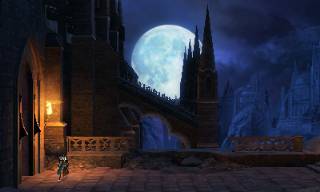
08. Castlevania: Lords of Shadow - Mirror of Fate HD
Castlevania is one of my earliest memories. Not just for video games, I mean earliest memories. The sight of Trevor Belmont kneeling before the cross in Castlevania III: Dracula's Curse has been burned into my mind for as long as I can remember. Playing through Mirror of Fate HD reminded me how much I used to love Castlevania, and how much Mercurysteam understands what's appealing about those old games to begin with. While the game suffers from a weak middle chapter, both Simon and Trevor Belmont's acts make up for it with remixed classic monsters and fun boss battles. If anything, aside from Alucard's chapter, I think the biggest disservice to this game was leaning on the Metroidvania blueprint at all. Backtracking has never been fun for me and it definitely wasn't fun here.
07. WWE 2K14
It's the best wrestling game I've played since Here Comes the Pain. For fans of wrestling that are looking more for simulation instead of arcade brawling, you can't do better than this year's installment. Boasting the best roster in franchise history and a season pass that would make any wrestling fan salivate, it cannot be stated clearly enough; until Spike somehow manages to bring King of Colosseum to North America, this is the best wrestling experience you could hope for. The creation suite isn't too shabby, either.
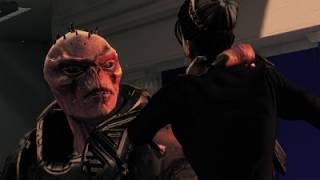
06. Saints Row IV
I have never lost bladder control in my life. While playing the Zero Saints Thirty tutorial mission I laughed so hard I actually peed myself. That has never happened before and I doubt it will ever happen again. For as lifeless and uninteresting as the open world of Steelport is, it is greatly outweighed by the parodies, homages, and downright lunacy that is found in the main story and loyalty missions. For someone who thinks The Third didn't reach the same highs as Saints Row 2, Saints Row IV feels like the most shameless victory lap a game series could ever have. God bless those maniacs at Volition.
05. Grand Theft Auto Five
A lot can be said about GTA Five. A lot. Not all of it positive. The game I played on some levels seems radically different from the game others experienced. For me, GTA Five was a ball of exhuberant satire with exhilarating heists and three protagonists I thoroughly enjoyed for 40+ hours. While I didn't find every hidden package or buy every property, I took my time in Los Santos as a vacation from seriousness. I got behind the 80s action movie plot and didn't think too hard about what the game was trying to say. If anything, I think Rockstar was saying "stop being so goddamn serious and have some fun you wanker". In that case, I agree completely. GTA Five is a light-hearted affair that isn't interested in being a dramatic masterpiece. It isn't interested in making your cry or making you wax philosophical about the nature of man. It's a game. It's fun. Unbunch your panties and have some.
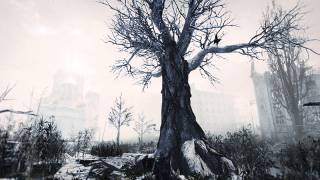
04. METRO: LAST LIGHT
I love post apocalyptic fiction. Whether it's A Boy and His Dog or The Road by Cormac McCarthy, post apocalyptic fiction is one of the most intriguing genres to me. It attempts to depict who we as people are without the safety and constraints of civilization around us. Games like Metro: Last Light follow diligently in those footsteps and attempts to ask the player what kind of person they would be in such a scenario. It posits queries like what is the difference between killing and murder? Is morality at all relevant in a world where subsistence only comes with great perseverance and difficulty? Last Light attempts to ask these questions of the player, and while the goals are laudable, it stumbles and falls along the way. Sometimes I wonder if maybe Metro would be better served as an adventure or purely stealth-based game. After all a shooter where the "good ending" is only achievable through non-violent means is a contradiction. Still, Metro tries, and that is a hell of a lot more than can be said for many other titles.
03. BioShock Infinite
BioShock Infinite isn't about a multiverse or string theory or quantum physics or time traveling or alternate realities or even about religion, racism, or genocide. BioShock Infinite is a story about regret; regret over broken relationships and mistakes made. It's about being haunted. It's about a man coming to terms with who he is and finding a way to forgive himself in order to let go of the past. The most ingenius thing about Infinite is its presentation. What starts off as a game with all the hallmarks of a AAA budget good-time shooter slowly but surely begins stripping away the layers of intrigue surrounding the side characters, the subplots, and the city of Columbia itself. It strips these layers away until ultimately you are left with the heart of the story; Booker DeWitt and his charge Elizabeth. It's a ballsy move, in my opinion, and while there are occasional misfires in terms of gameplay elements and puzzling design decisions (hiding most of your lore in audio logs is so 2007), the whole of Infinite is definitely greater than the sum of its parts.
02. Splinter Cell: Blacklist
I am an avid Splinter Cell fanboy. I love the series and I am one of those assholes that believes Chaos Theory is the absolute peak of stealth game design. I went into Blacklist with low expectations and quite frankly, ready to hate-play it. Maybe I set myself up for this but I was blown away by how utterly fun Blacklist was. Ghosting my way through the story missions and tackling the side quests with a partner really brought me back to good old days of Sam Fisher. If you've ever liked Splinter Cell, there is absolutely no reason not to play this.
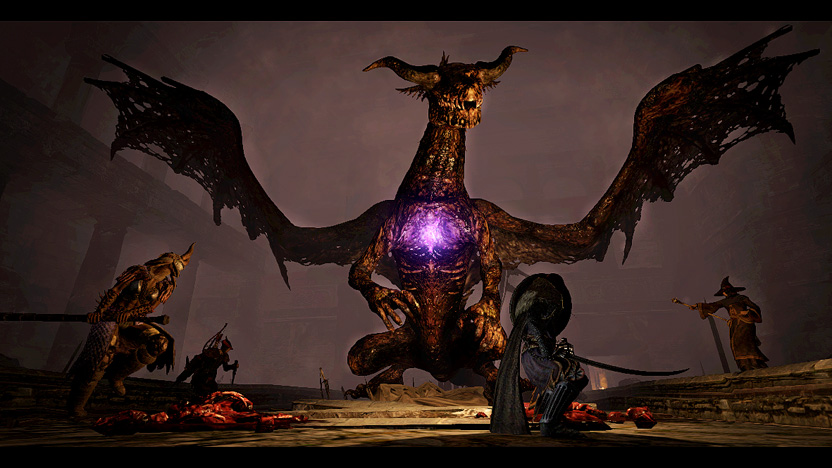
01. Dragon's Dogma: Dark Arisen
Dragon's Dogma is without reservation the best game I have played this year. This past summer I played it for weeks on end. As of this writing I have completed it three times (that's one original file and two New Game +'s) this year alone. I am planning a fourth. Out of all the games I have played (and there were a lot), none of the others come close to matching the joy I found in the simple act of playing Dragon's Dogma. Everything from the aesthetic to the combat, from the delightful score to the pawn system combined to form of a Voltron of pure fucking awesome. As I thought about what my best experience was in gaming this year, I keep coming back to Dragon's Dogma.
... And that's my list. That's my Top Ten of Twenty-Thirteen. Not a great year, but not a bad year, either. Here's hoping for better in 2014 and, of course, a Dragon's Dogma 2.
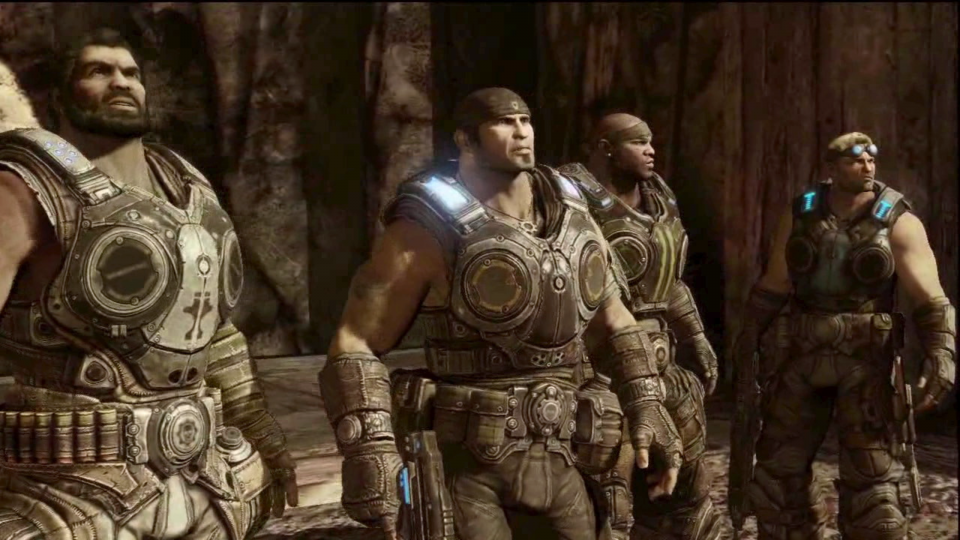
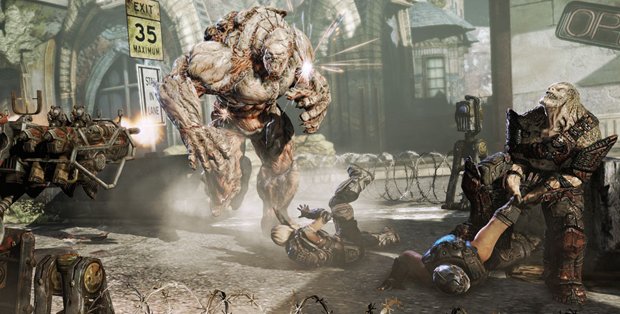
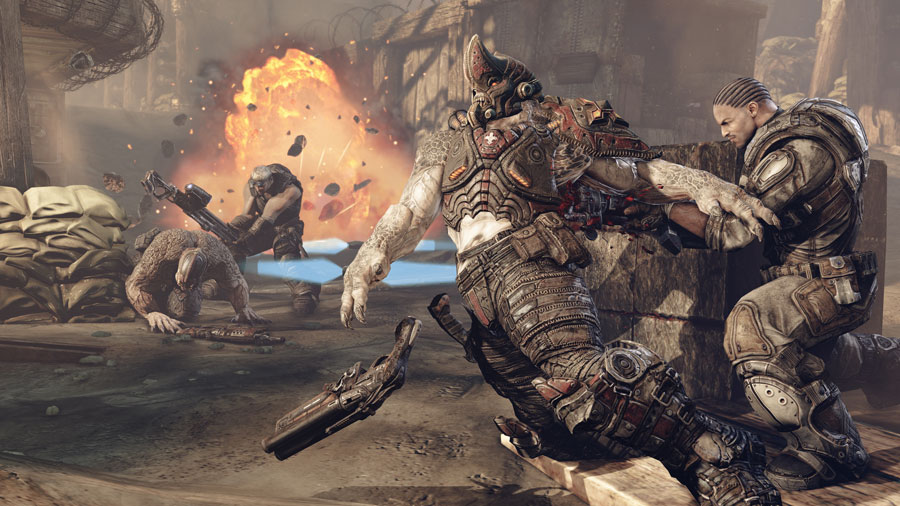
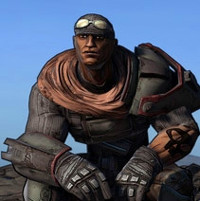
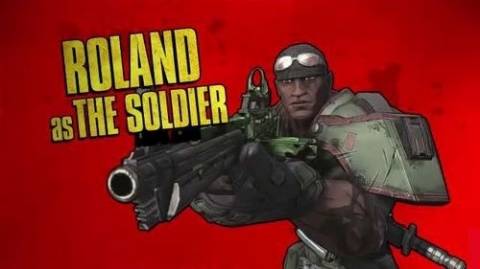
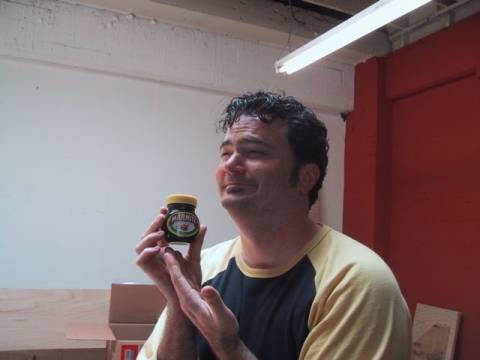
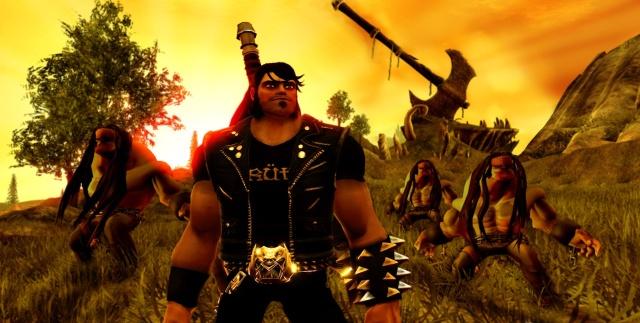
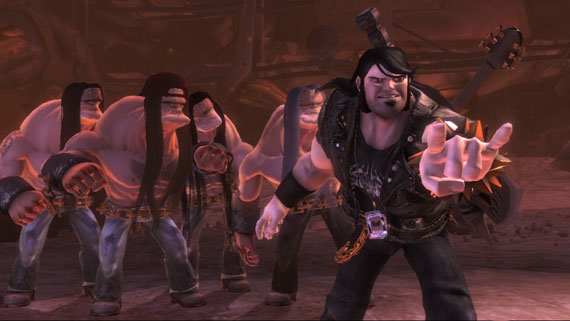
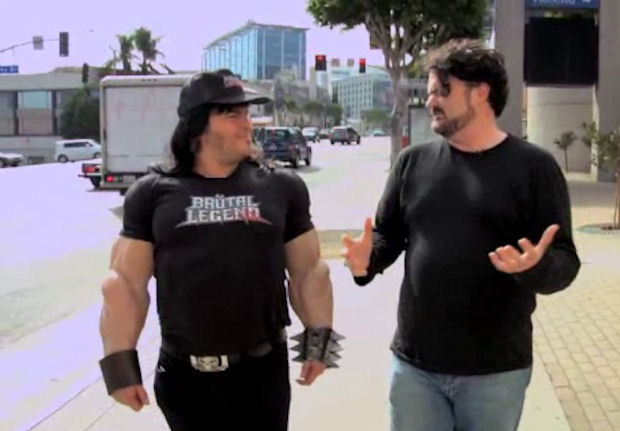
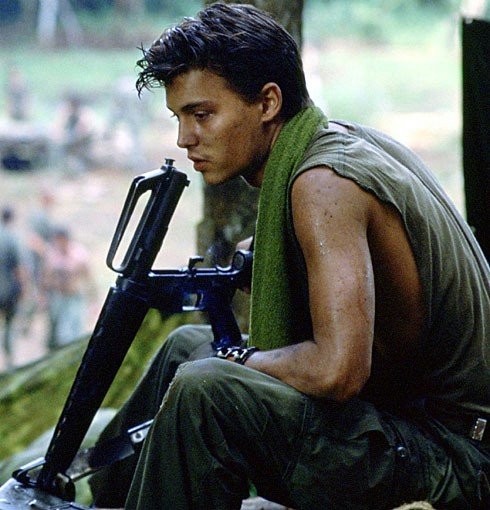
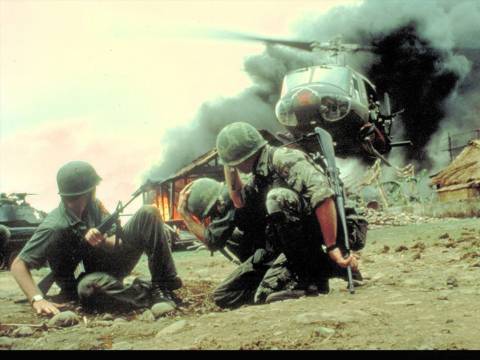


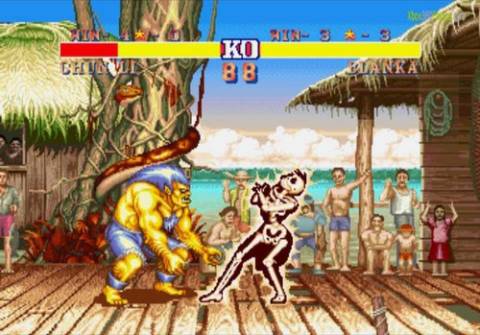
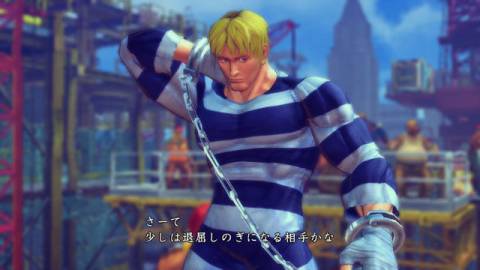
Log in to comment